160 Views
Ten Ways We Save Money # 2&3

by
Elena Fredrick
(IC: blogger)
So we are headed on our trip this weekend and we are on a budget. A strict one. So one thing we will save money on is..
2. FUEL
- Drive 65 MPH
2. FUEL
- Drive 65 MPH
Driving 65 mph is normal for us. Mr. F. started this about two years ago and he has noticed a big difference in our fuel bill. We fill up less often and we travel farther on a tank of gas. That translates to more money in our wallets. Who doesn't want that? ( More recently when possible we drive 60 mph for even more savings)
3. CLEANING SUPPLIES
Most of us are familiar with the concept of using vinegar to clean our homes. Not everyone buys into the idea. Some feel they have to use strong chemicals to clean with. In reality to clean your home not much more than soap and water, vinegar and peroxide are all you need. And....these items are soooo inexpensive in comparison to store bought chemicals. And a big plus...less harmful to the environment.
Enjoyed the project?

Want more details about this and other DIY projects? Check out my blog post!
Published September 26th, 2014 6:53 PM
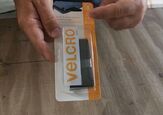
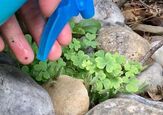

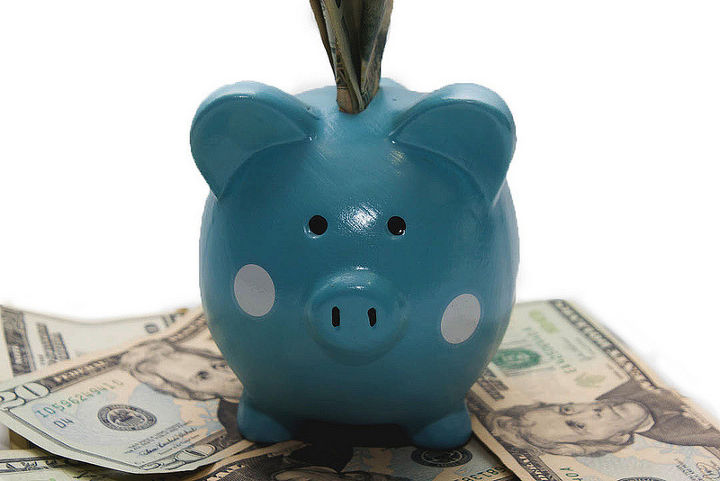
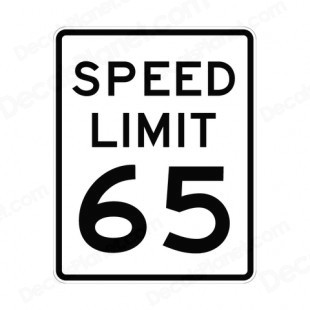


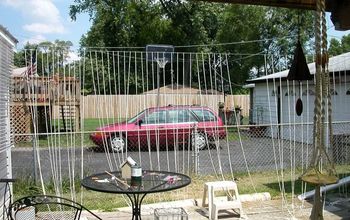
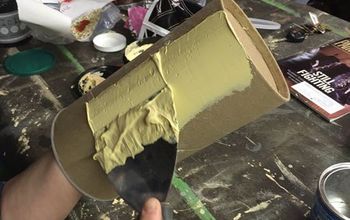



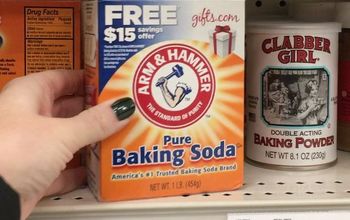
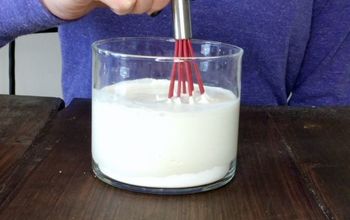
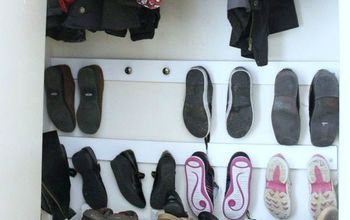
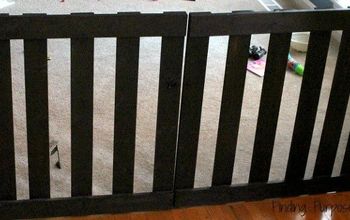
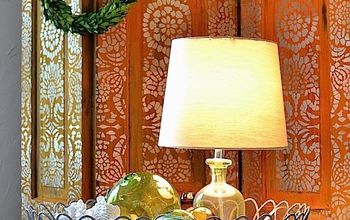
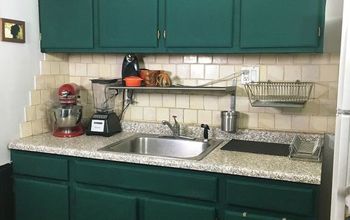
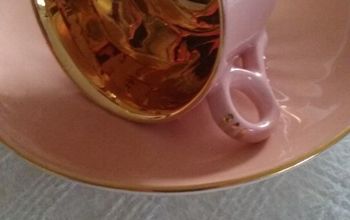
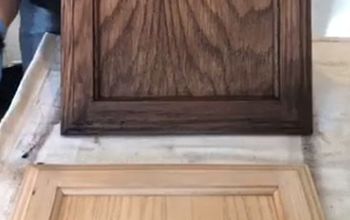

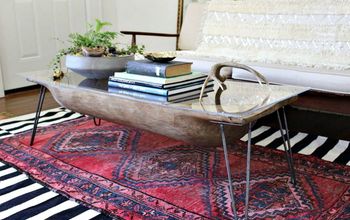
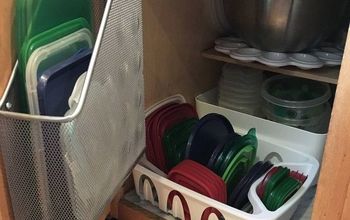
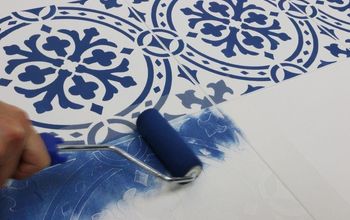
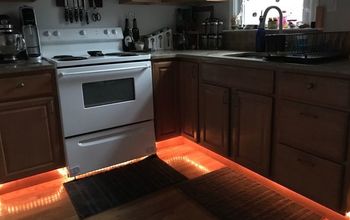
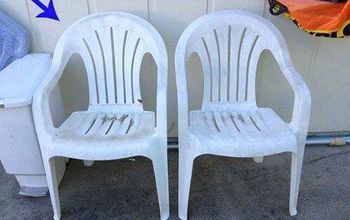
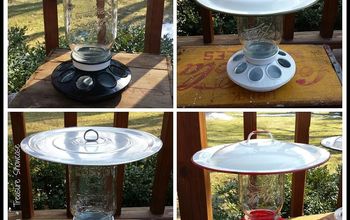
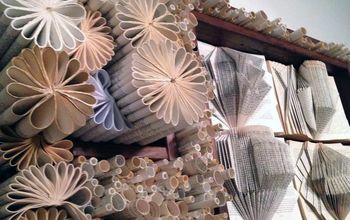
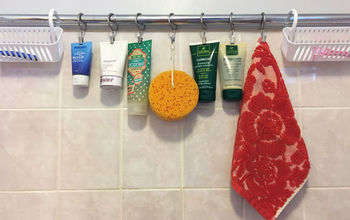
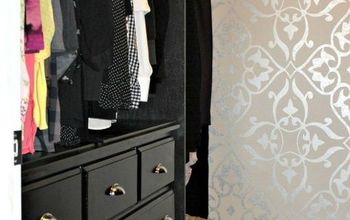
Frequently asked questions
Have a question about this project?